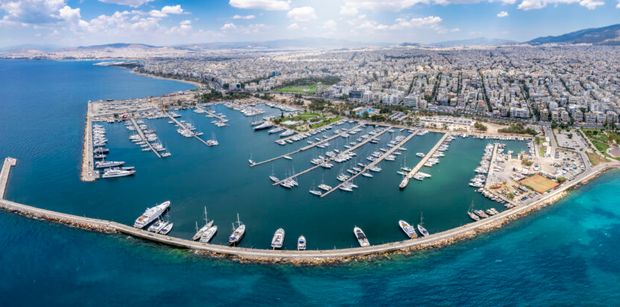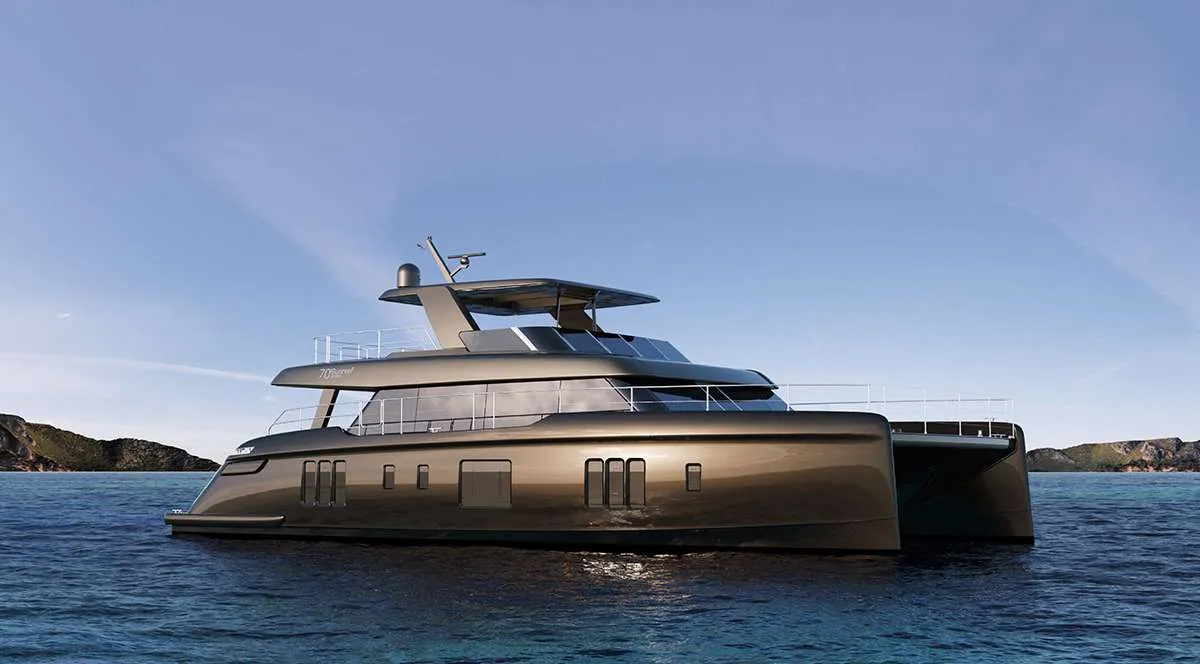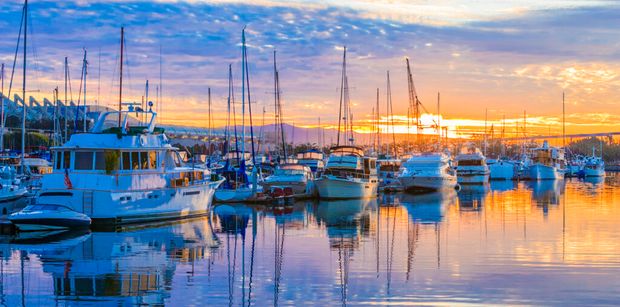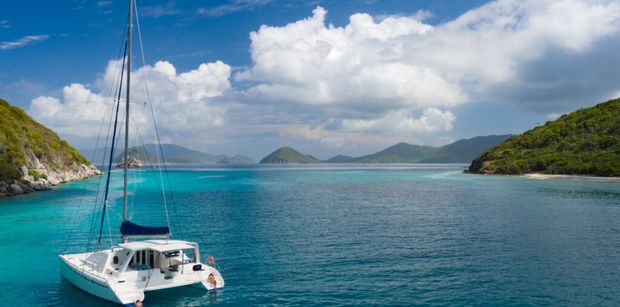A boat charter offers an unparalleled holiday experience, but at Boatbookings, we understand that with this also comes environmental responsibility to enjoy more consciously. Many of our clients are discovering how carbon offsetting can make a difference to their overall yachting impact this Christmas.
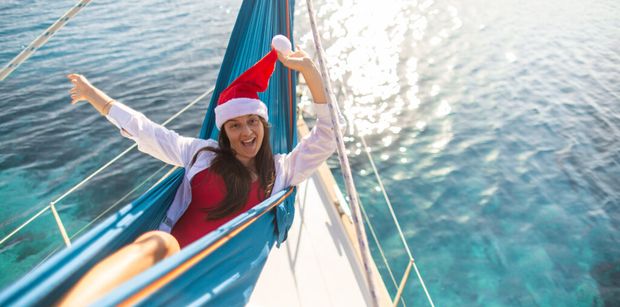
What is Carbon Offsetting?
Carbon offsetting might sound complex, but the concept is pretty simple. Every time you charter a yacht, your journey creates a carbon footprint through fuel consumption, energy use, and other environmental impacts. Carbon offsetting allows you to invest in environmental projects that reduce or remove an equivalent amount of greenhouse gases from the atmosphere. For boaters, this means you can neutralize the carbon emissions of your Christmas yacht charter while supporting incredible global conservation efforts. These projects include reforestation, renewable energy initiatives, or marine conservation programs.
How Does It Work?
When you choose to offset one of our yacht charter’s carbon emissions, you’re essentially purchasing carbon credits that fund environmental projects. These credits represent investments in:
- Reforestation initiatives that absorb carbon dioxide
- Renewable energy projects
- Marine ecosystem restoration
- Community-based sustainable development programs
The process is straightforward – typically, you’ll receive a calculation of your charter’s estimated carbon emissions using our carbon offset calculator and then can choose to offset those emissions at a relatively modest cost.
A Conscious Gift
This holiday season, carbon offsetting offers more than just environmental benefits. It’s a meaningful way to:
- Demonstrate environmental consciousness
- Support global sustainability efforts
- Create a more responsible travel experience
- Give back to the planet during a season of giving
For many, the ability to enjoy a luxurious yacht charter while actively contributing to environmental protection adds an extra layer of satisfaction to the festive holiday experience.
Make A Real Difference
Let’s put this into perspective. A typical week-long yacht charter might generate approximately 10-20 tons of carbon emissions, equivalent to several households’ annual carbon footprints. By investing in carbon offsetting, you can neutralize these carbon emissions and support critical environmental projects around the globe.
Practical Tips
- Calculate your specific charter’s emissions using a calculator
- Choose verified carbon offset programs
- Charter one of our greener crewed catamarans that use fuel-efficient or hybrid technologies
- Consider shorter charters or more efficient routes
- Combine offsetting with onboard sustainable practices
Choose Carbon Offsetting Today
Carbon offsetting represents more than just a trend – it’s a fundamental shift in how we approach yachting. For yacht charters, it’s an opportunity to blend luxury with environmental consciousness, creating experiences that are not just memorable but meaningful.
This Christmas, why not give the ultimate gift through Boatbookings and book a yacht charter that delivers unforgettable memories while supporting the health of our oceans? Contact one of the Boatbookings team today to find out more about carbon offsetting and our greener crewed charter catamarans.

